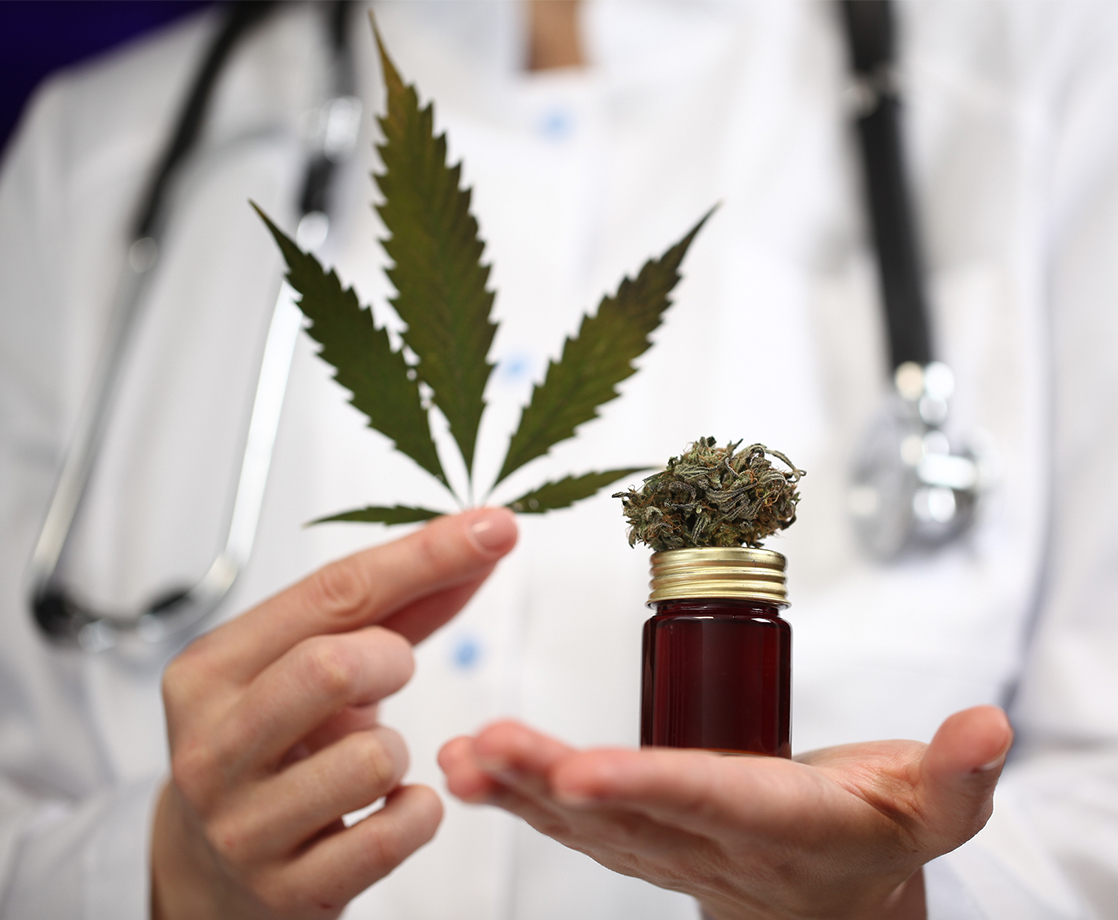If you’re looking to discuss your cannabis use with your doctor or emergency room nurse, you may end up being the expert in the room.
According to California physician and Stanford University School of Medicine professor Dr. Nathaniel Morris, America’s doctors desperately need to wisen up about weed. In a new op-ed published by the prestigious Journal of the American Medical Association (JAMA) and first reported by Leafly, Dr. Morris details a woeful lack of knowledge about marijuana from licensed doctors, even in the face of near ubiquitous use by patients.
“In the emergency department, I’ve come to expect that results of urine drug screens will be positive for THC, whether the patient is 18-years-old or 80-years-old,” Dr. Morris wrote. “When I review medications at the bedside, some patients and families hold out THC gummies or cannabidiol capsules, explaining dosages or ratios of ingredients used to treat symptoms, including pain, insomnia, nausea, or poor appetite… However, evidence suggests that many physicians may be unprepared for this reality.”
Despite increasing popularity of various THC and CBD products in both legal and prohibition states, America’s medical schools and teaching hospitals have largely ignored the cannabis revolution, with very little marijuana education currently available to medical professionals.
In his op-ed, Dr. Morris cites a 2016 study that found only 9% of American medical schools featured medical cannabis curriculum, and another research survey that found only 15% of doctors had reported learning anything about marijuana during medical school or residency.
If you ask Dr. Morris, though, the lack of cannabis education is unacceptable. And while federally-funded research has been largely hindered by prohibition, state-specific legalization is spreading weekly, and both clinical and anecdotal research into the plant is expanding. As such, there is little excuse for physicians to be all but ignorant of a substance that a significant number of Americans consume both medicinally and recreationally.
“Residents and fellows should receive instruction pertinent to their fields,” Dr. Morris detailed. “For instance, an anesthesiology resident should learn the evidence on marijuana use in pain management, whereas a gastroenterology fellow should understand marijuana’s potential effects on nausea, and a psychiatry resident should consider the associations between marijuana use and psychosis.”
If the country’s medical marijuana evolution is going to be taken seriously, it sure would be nice to have the country’s medical professionals on board, or at least educated enough to help the millions of Americans looking to the plant for relief.
Follow Zach Harris on Twitter











